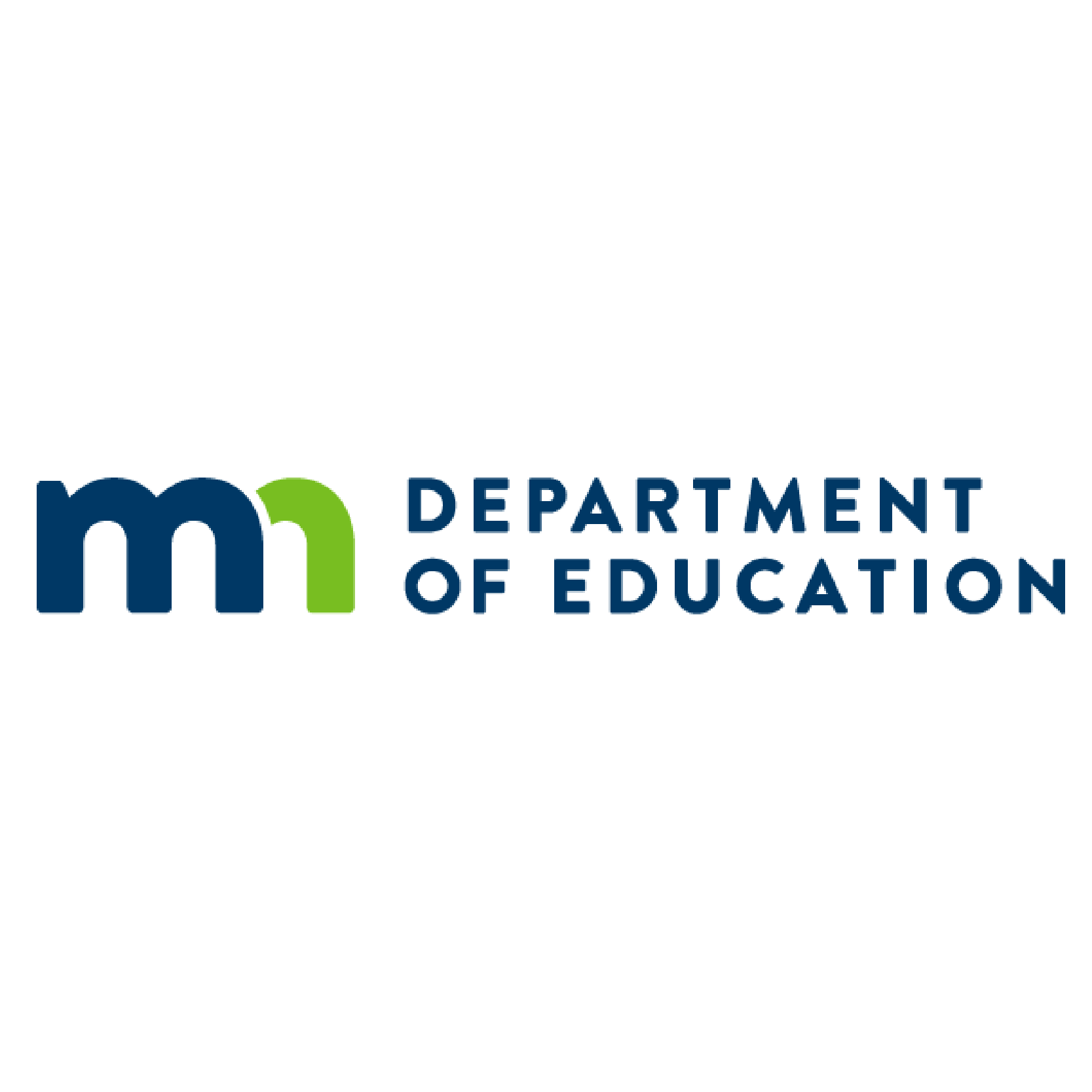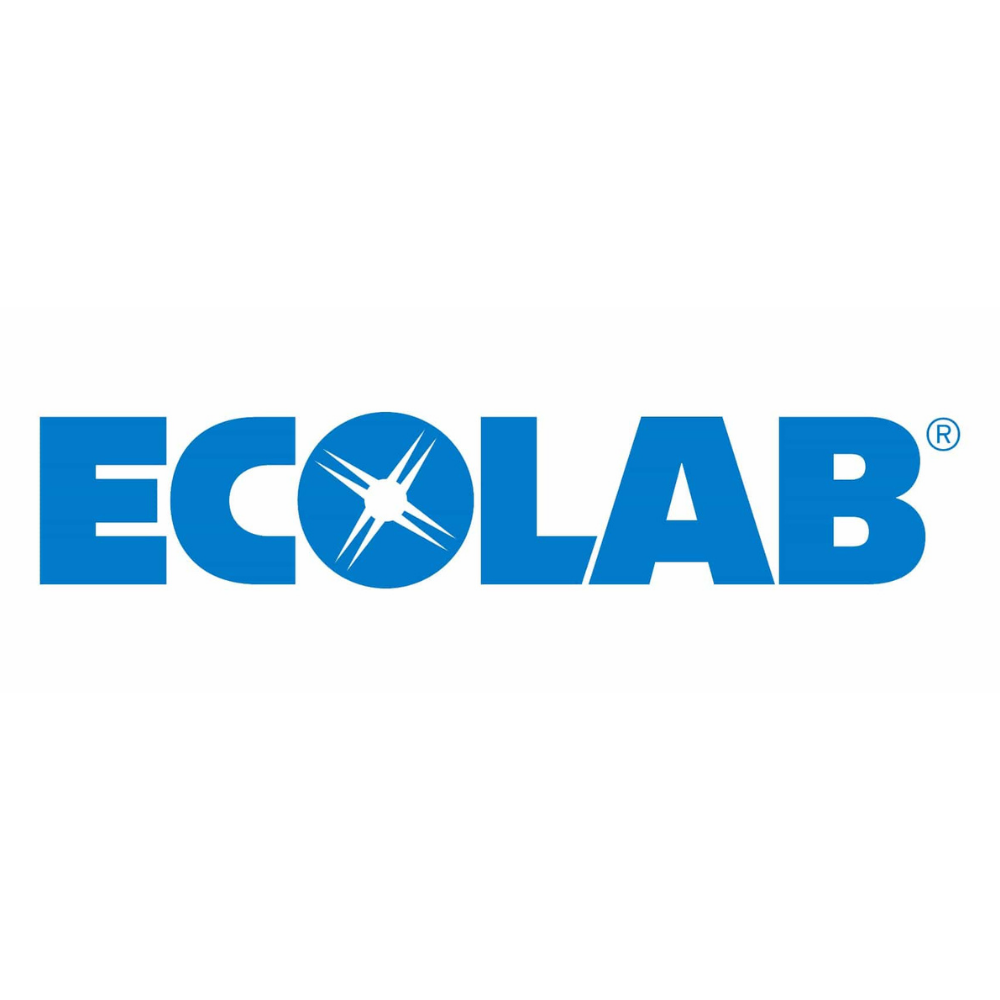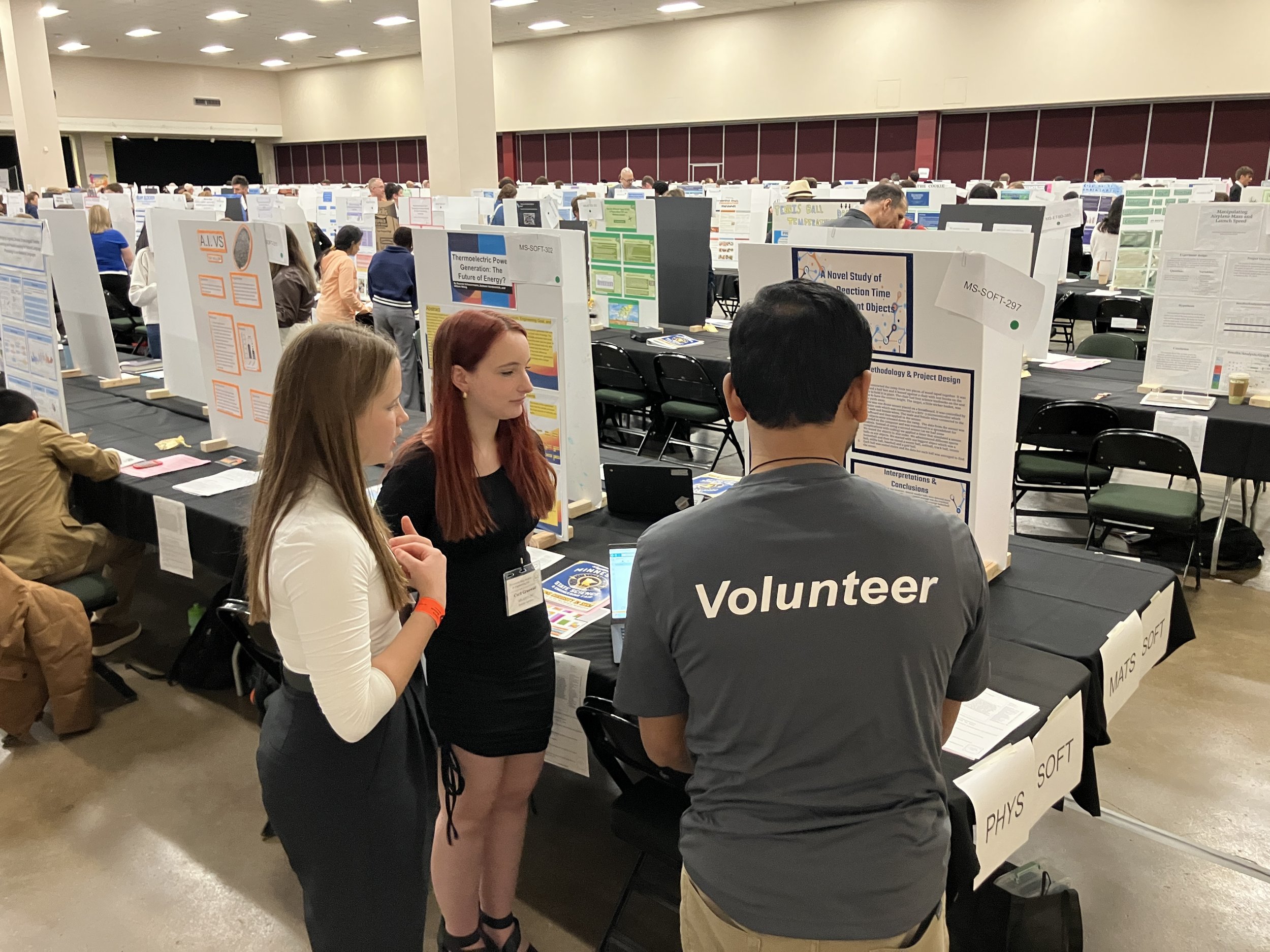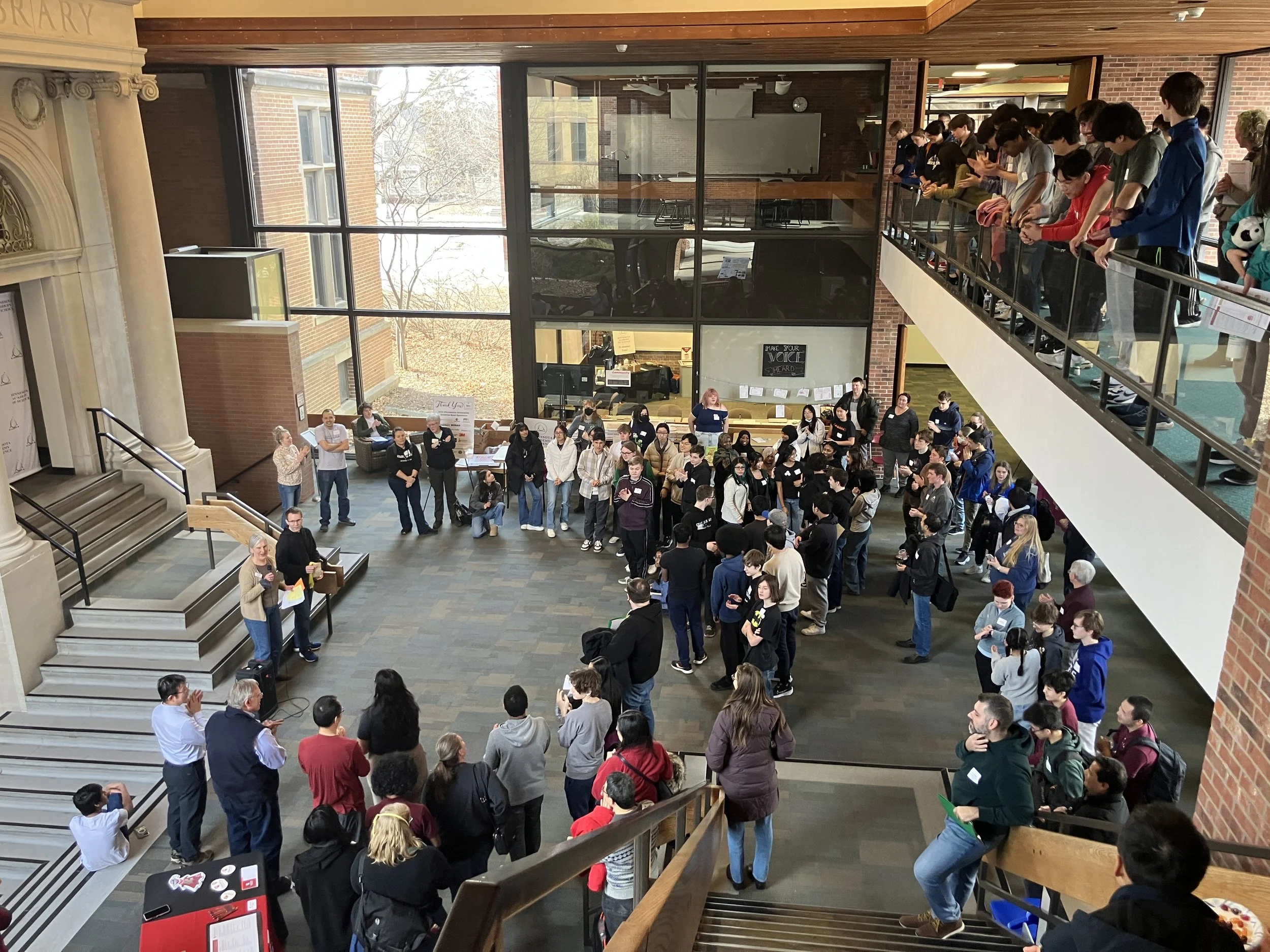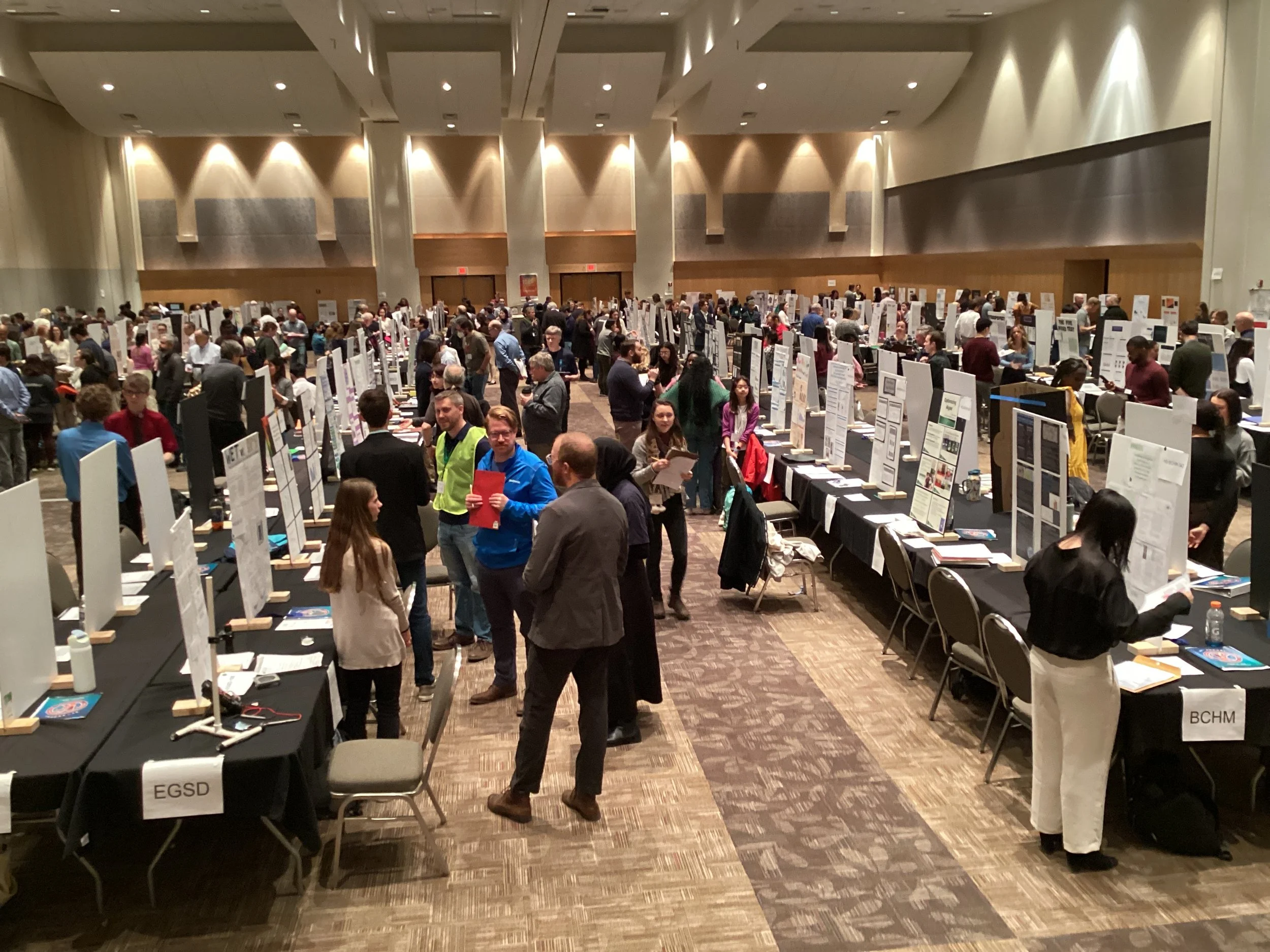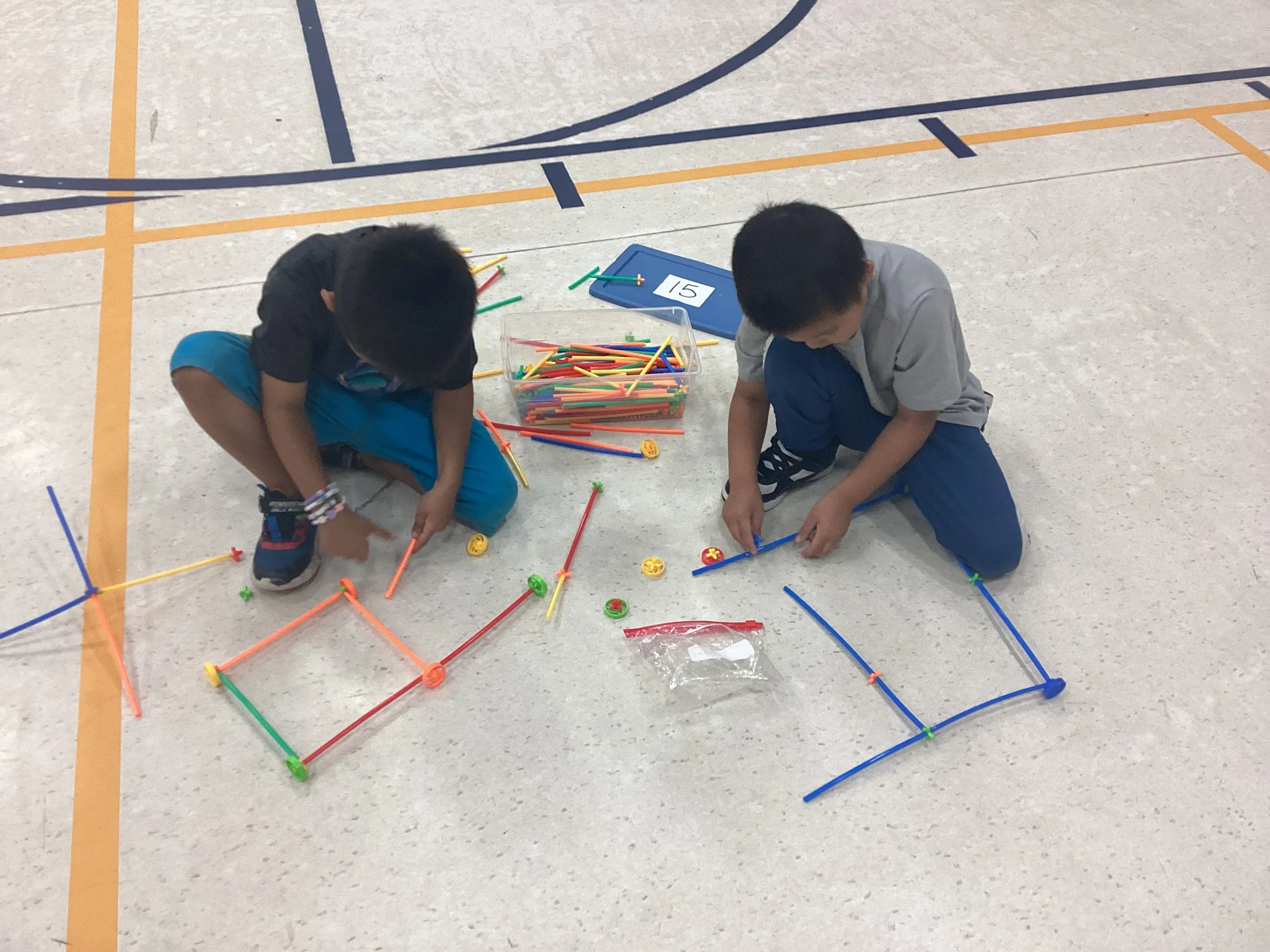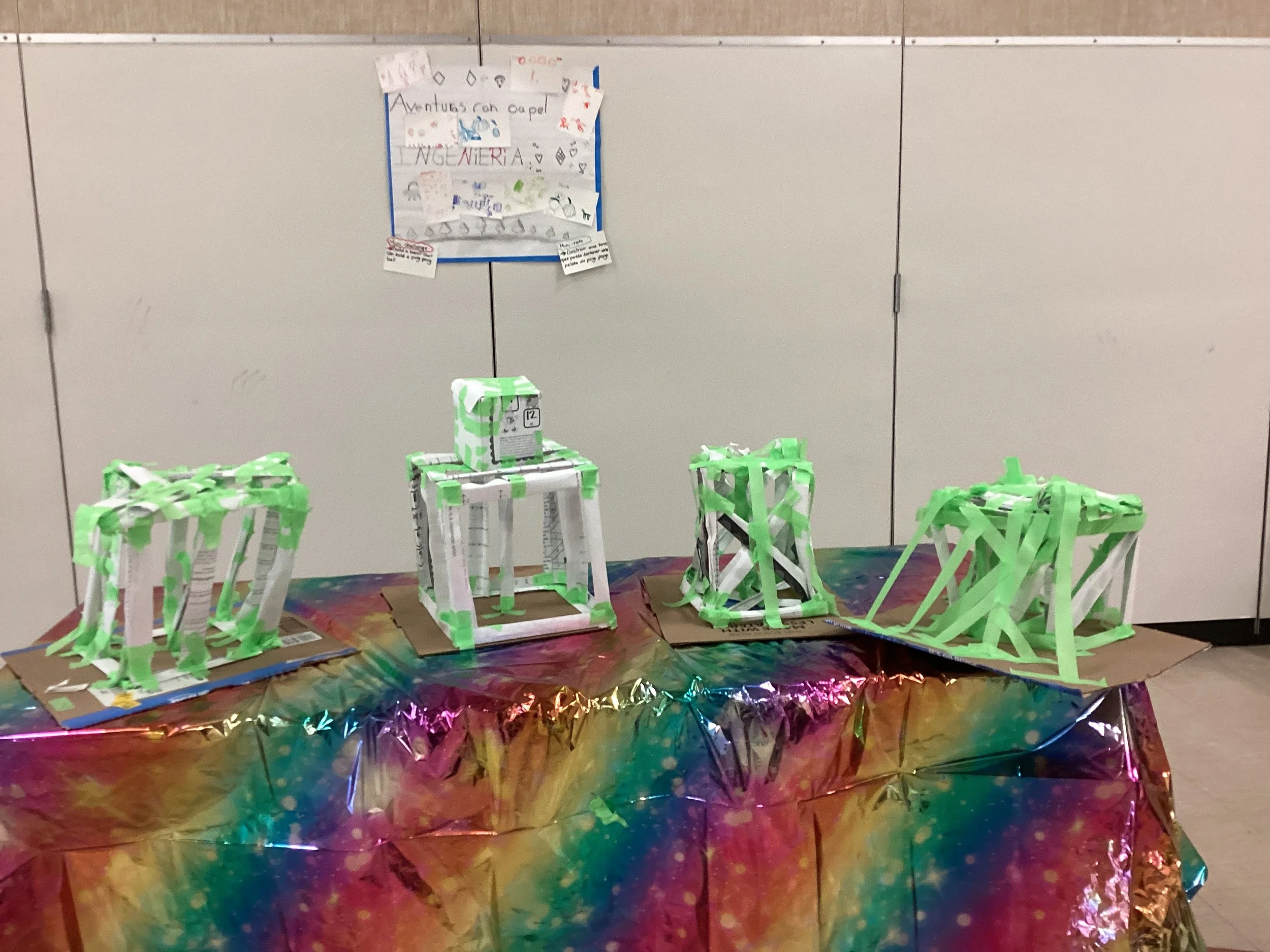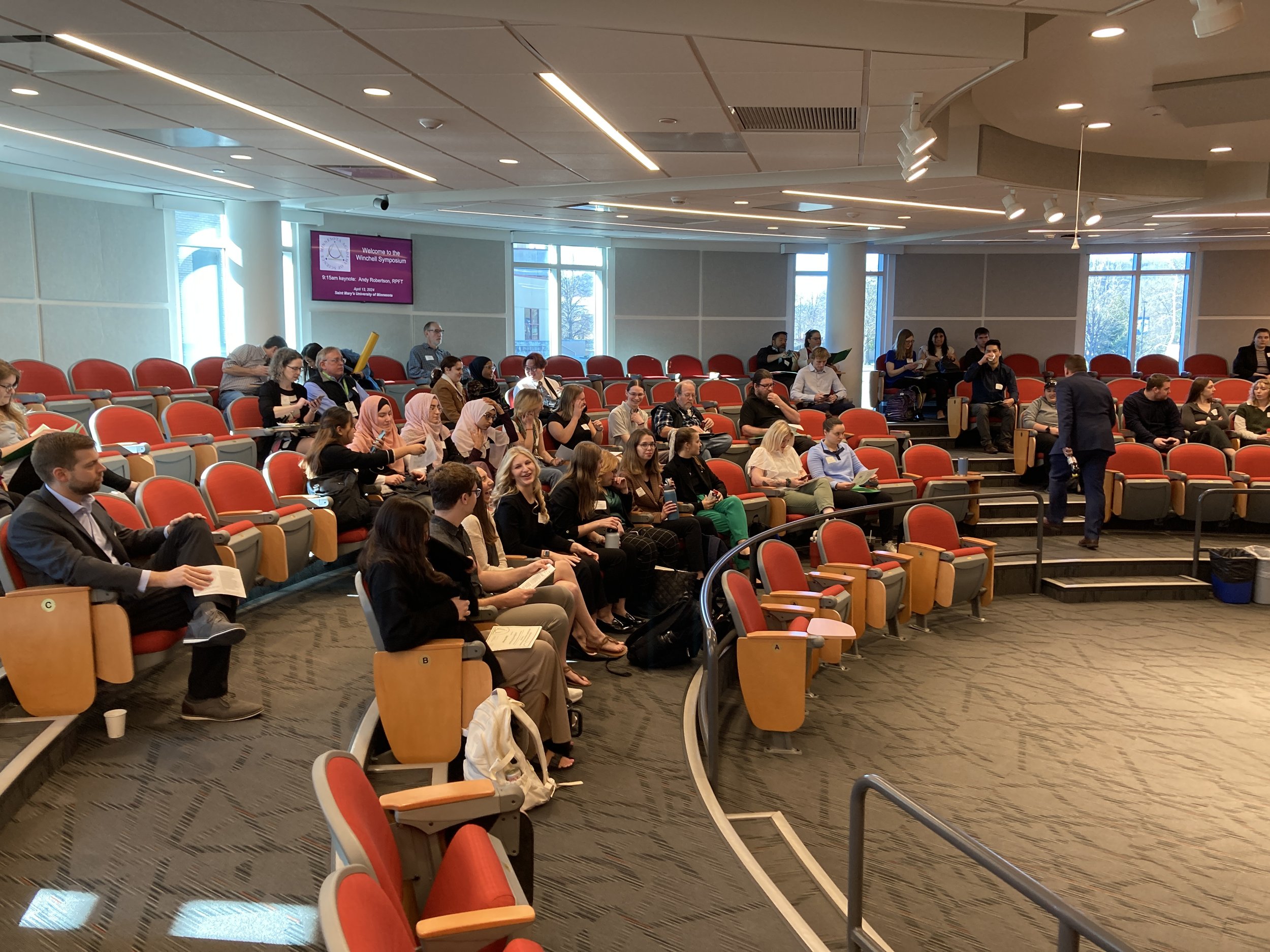“So many faculty remarked that one of the best outcomes of the program was seeing their students flourish under such difficult circumstances.”
MAS Board Member Dr. Joanna Klein recently with Dr. Cynthia Norton, PhD, Director of Collaborative Undergraduate Research at St. Catherine University, about how their Summer Scholar program transitioned in response to COVID. Here’s Dr. Klein’s summary of the interview: “Thirteen teams of students and faculty collaborated throughout the summer to conduct research, grow as scholars and present their work. A great description of their summer can be found in this article. I asked Dr. Norton to elaborate on a few points that may help other faculty as we continue to engage in scholarly work and mentor students during pandemic times.”
Dr. Joanna Klein is a member of the MAS Board of Directors and a Professor of Biology and Biochemistry at the University of Northwestern
JK: Can you describe some of the types of scientific projects that students conducted? Were they all remote or were any projects able to have an in-person element?
CN: In our Summer Scholars program, we had 6 STEM teams: three in Chemistry, two in Physics, and one in Biology. All had proposed hands-on, lab-based projects for the summer. In response to COVID-19 restrictions, all teams were able to adjust their work. Some teams pivoted to focus on either reading and discussing articles/resources relevant to the proposed project, and were later able to get into the lab. Others maintained distance for the entire summer.
Our Biology team had proposed lab work to understand genetic regulation of neuronal development - they were able to shift their project to developing a "primer" to help undergraduate students understand primary sources in this topic area. Later in the summer, the student was able to get back into the lab to focus on the original project. A Physics team had intended to develop instrumentation to investigate cosmic ray showers using high altitude balloons - while they awaited authorization to be in the lab, they did intensive literature reviews and discussed designs for future projects. A Chemistry team had intended to search for antibiotic properties in fungi, and pivoted to co-author the Tiny Earth Chemistry Manual; a publication to help crowd-source antibiotic drug discovery. Other teams were able to delve into literature before jumping into lab projects. One faculty mentor noted that the immersion in the literature and context for the work in the first month better prepared students to understand what they would be doing in the lab and why, and motivated them to work hard once they were able.
JK: What were the final outcomes of the projects?
Dr. Cynthia Norton is a Professor of Biology and Women's Studies and Director of Collaborative Undergraduate Research at St. Catherine University
CN: I believe that the primer will be used by students in Genetics class in the future, and will eventually be submitted to the journal to be part of the collection of educational primers. Another team created an NMR [Nuclear Magnetic Resonance] problem database that has upwards of 100 NMR problems for students to practice. These NMRs were taken directly from the literature and compiled based on functional group class and complexity so that students could learn from solving simple structures to advanced structures.
All of the STEM students who worked on projects this summer have either submitted their work to the National Conference on Undergraduate Research, a Conference for Undergraduate Women in Physics, and/or the American Chemical Society meetings. They have all now presented virtually as part of our closing celebration this summer and will be supported in preparing their presentations to a broader audience.
JK: Were there any silver linings in this experience needing to be done remotely? Were there other surprises?
CN: Yes, definitely. In addition to supporting student-faculty collaborations, we also provided weekly (virtual) workshops for both students and their faculty mentors - sometimes separately and sometimes all together. Attendance and participation in these workshops was better than it has ever been, and students often expressed their gratitude for having something meaningful and challenging to do while socially distancing. As noted above, they were more prepared to think about their projects more broadly (context as well as be more informed about methods, etc.) and highly motivated to get into the lab. Because workshops were virtual and no transportation was involved (nor was there any food, sadly), they did not take as much time away from research.
Some of the workshops actually worked better virtually - students reported that they liked being in small breakout groups, and were able to work on goals and define skills that they were developing in conversation with others. In some cases, we had students in groups with mentors that were not their own faculty, discussing challenges to collaboration, and working through scenarios that might arise during research - conflicts, ethical issues, communication, etc. - these worked great in virtual groups.
Finally, we had faculty mentors take turns presenting their scholarly work to the other mentors - this also worked incredibly well virtually and helped maintain a sense of a community of scholars - learning about one anothers work is always one of the highest rated workshops in the program, and has led to several collaborations.
One other really interesting outcome was the ways in which students and faculty developed mechanisms for sharing data, records, ideas, and resources. Using shared meeting notes, online lab notebooks, an app called "ClickUp” helped teams keep organized and facilitated communication.
JK: How did the virtual symposium go?
CN: Students presented in an online symposium, and did a great job. It did enable them to invite friends and family who may not have been able to attend in person. Here is a link to the presentations. Every student in the program has plans to present at a national or regional conference this year, all of which will be virtual, so this prepared them for those experiences.
JK: Part of me wants to just take a year off of doing research with students, writing this off as a bad year. What encouragement do you have for faculty to lean in and be creative in engaging students in research even now?
CN: I believe that the pluses of staying involved in scholarly work outweighed the possibility of just stepping back. Faculty remained connected to one another, and to students. And we all know how hard it is to balance teaching and research in normal times, but in many ways, this engagement in research this summer helped faculty sustain their research programs - which we all know is important for promotion and tenure. Although many faculty evaluation processes will be understanding of the impact COVID has had not only on teaching but also research, I think it felt good to faculty to be able to escape into their work (something that we can somewhat control) when so much in the world was and still is out of our control. And so many faculty remarked that one of the best outcomes of the program was seeing their students flourish under such difficult circumstances. Faculty were often surprised at how much of an impact this experience can have on students, and specifically at how students developed research, leadership, and professional skills in the research environment even though in many cases they were never in the lab. So not only were these experiences important for faculty, they provided students with much more than was imagined.





